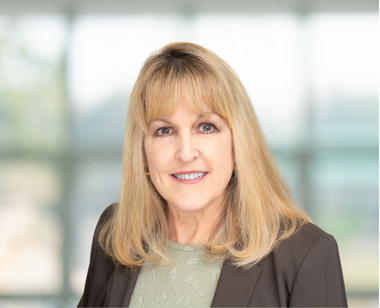/Passle/66030b5f24299750fade21de/SearchServiceImages/2025-08-17-22-00-15-334-68a250ef7552199d7c230979.jpg)
A recent study shared that special education teachers express concern that principals do not adequately understand what they do, which prevents the principals from providing the kind of support those teachers need and from evaluating the teachers effectively. Reported in Education Week, The Rural Educator published a study that explored principals’ knowledge of special education classrooms as measured by their understanding of quality indicators (QIs) and evidence-based practices (EBPs); QIs and EBPs are specific strategies used in developing and improving special education programs.
The study, focused on rural school districts in Nevada, frequently found that while principals agreed that a specific QI is important, far fewer principals believed they have the requisite knowledge to provide feedback to teachers on that indicator. For example, while 95% of principals agreed that environmental support QIs are important, only 59% felt competent to give teacher feedback on the use of visual schedules and assistive technology, two essential types of environmental supports. The study suggests that the lower the rate of principal knowledge and training in QIs and EBPs, the less coaching, effective feedback, ongoing professional development, and mentoring those principals will be able to provide to special education teachers.
The study also demonstrates that principals in rural school districts face more challenges in accessing necessary training on topics such as the various kinds of disabilities and the differing needs of students resulting from specific disabilities than do principals in urban districts. Effective special education programs require knowledgeable principals so that the outcomes of all students are improved; accordingly, school districts should invest time and resources in providing applicable professional development to principals.
For the complete article, visit: edweek.org/teaching-learning/principals-dont-always-understand-special-education-thats-a-problem/2025/08
Principals expressed wanting better relationships with their special education teachers and more professional development in this area.
